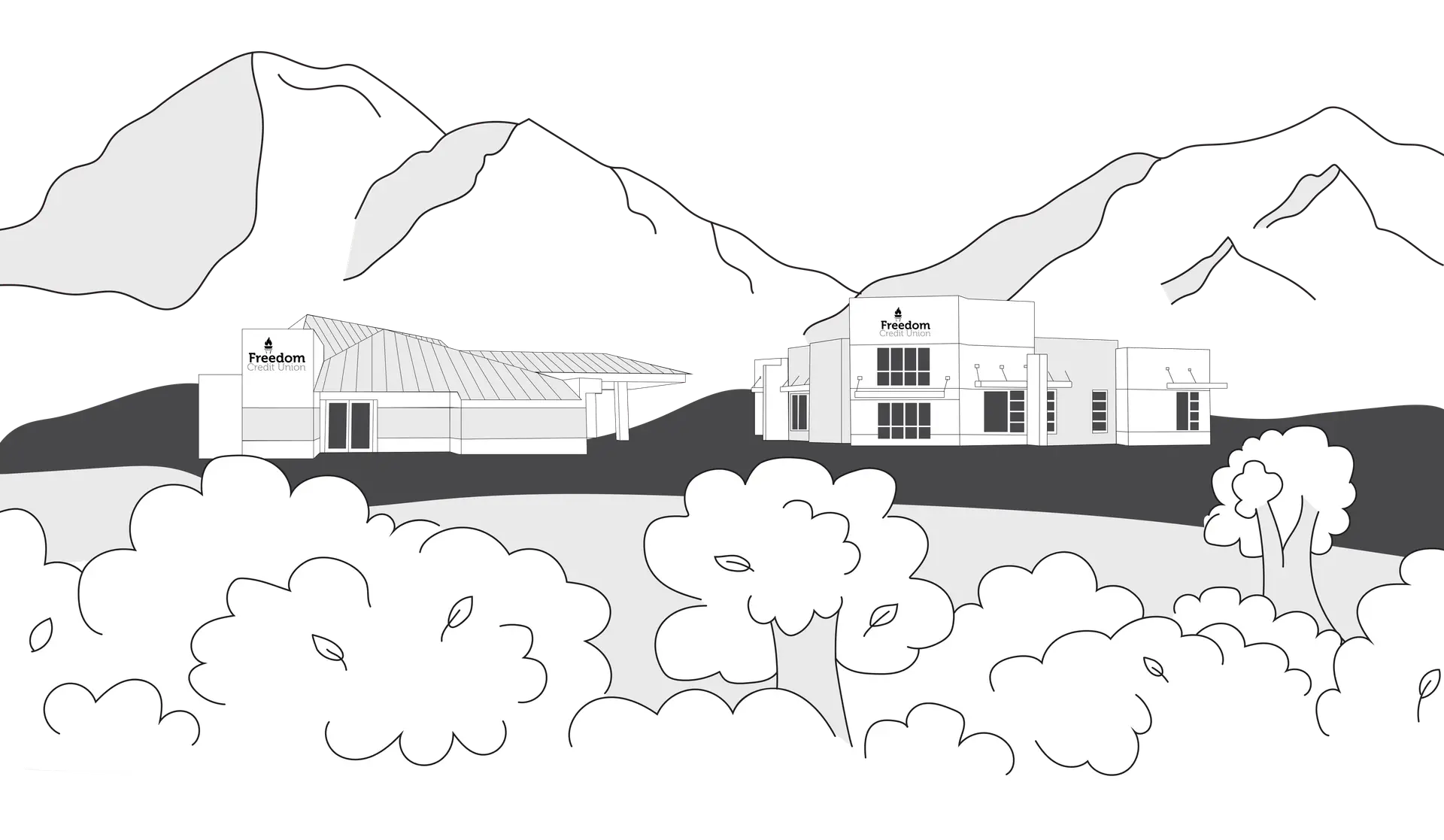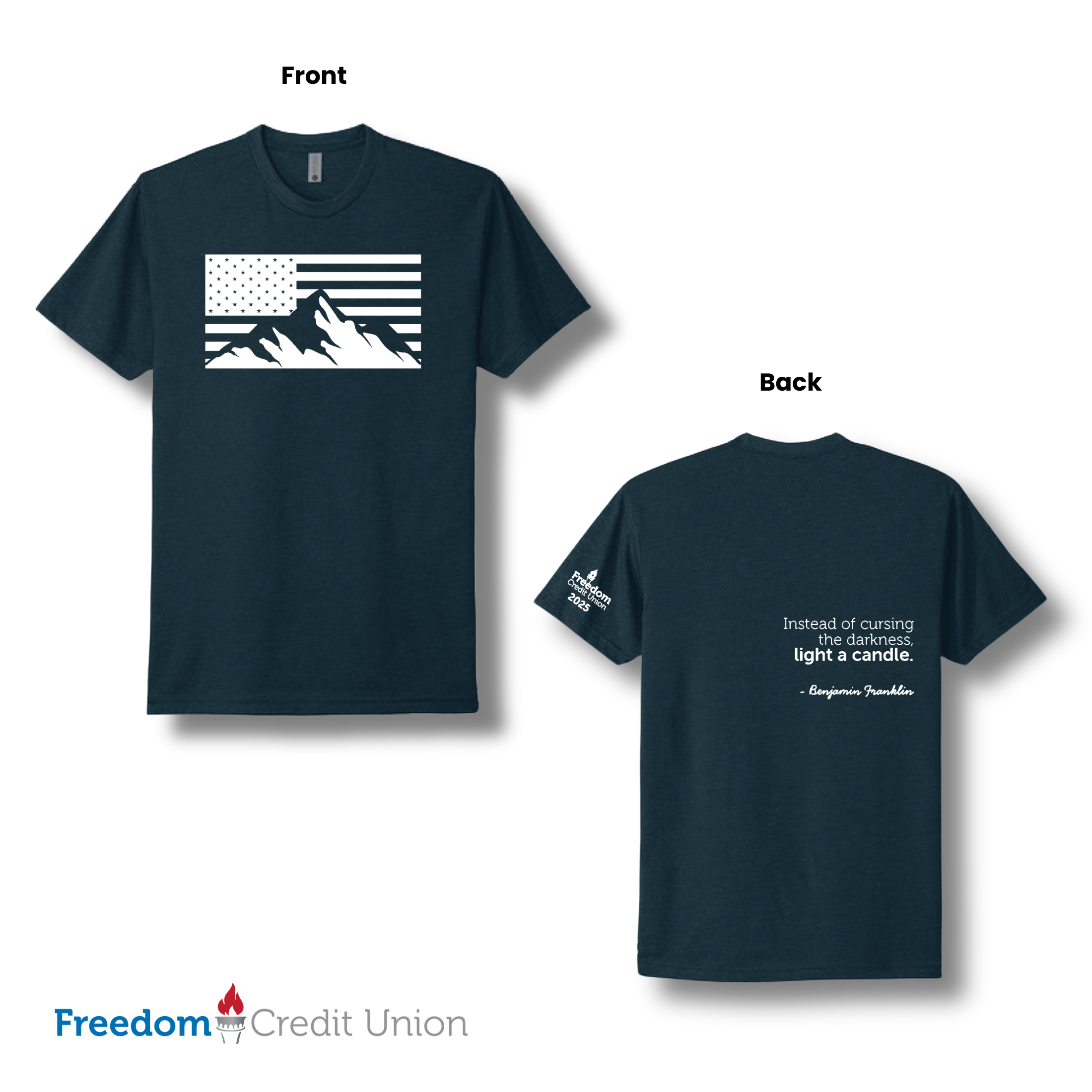Some people see the word “union” and assume that credit unions are exclusive clubs, open only to members of labor or trade unions. I’ve lost count of how many times I’ve heard something like, “Oh, I didn’t know I could join a credit union. I thought they were exclusive.” While I won’t dive into the differences between banks and credit unions (you can check that out here), I will break down what it takes to join a credit union. Spoiler alert: it’s not as exclusive as it might seem! In fact, credit unions are designed to be inclusive, and chances are good that your community has several options that could work for you.
What is a Credit Union’s “Field of Membership”?
Every credit union has a “field of membership,” which is a fancy way of saying the group of people who are eligible to join. These fields vary widely and might be based on where you live, work, worship, or even organizations you’re part of. Some credit unions have an open field of membership, meaning nearly anyone within a geographic area can join, while others are more restricted, serving specific groups like employees of a company, members of a trade, or residents of a particular area.
While this might sound limiting, it’s actually quite flexible. For example, if you’re part of a household or family member of someone eligible, many credit unions will extend membership to you as well. The key takeaway? Don’t let the term “field of membership” discourage you—it’s easier to qualify than you might think.
How Do You Become a Member?
Joining a credit union is straightforward and not too different from opening an account at a bank. Typically, you’ll need to provide some personal information, meet the eligibility criteria, and make a small deposit into a savings account. This initial deposit, often as little as $5 to $25, represents your “share” in the credit union and makes you a part-owner. That’s right—credit union members aren’t just customers; they’re also stakeholders with a voice in how the organization operates.
This ownership model is one of the many things that sets credit unions apart. Once you’re a member, you’ll have access to all their financial services, often with better rates and lower fees than traditional banks.
How to Find the Right Credit Union for You
The best credit union for you will depend on your unique situation. Start by looking at credit unions that serve your local community. These are often open to anyone living, working, or attending school in a specific area. If you’re employed by a large company, part of a school district, or work in a specialized trade like utilities or healthcare, you might also qualify for a credit union with a closed field of membership that caters to your profession.
Not sure where to start? Many credit unions offer friendly assistance to help you determine your eligibility. They want you to become a member and will often go out of their way to make the process simple and welcoming. If you live in Utah County, look no further! Click the link below to become a member today!
Not a member of Freedom Credit Union? Join today!
Learn more about credit unions:


